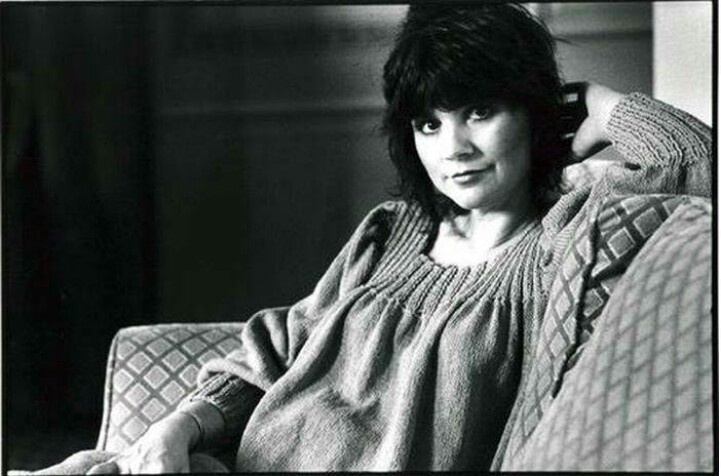
A Timeless Whisper of Innocence and Longing, Rendered Through a Voice That Could Bend Stardust
When Linda Ronstadt released her luminous interpretation of “When You Wish Upon a Star” on the 1986 album For Sentimental Reasons, she did more than revisit a beloved standard—she distilled nostalgia into its purest, most evocative form. Though this rendition did not climb the pop charts as some of her earlier hits had, it carved a different legacy: one of emotional resonance and artistic reverence. Nestled within her trilogy of traditional pop albums arranged by the legendary Nelson Riddle, For Sentimental Reasons marked the final collaboration between Ronstadt and the maestro before his passing. Here, in this closing chapter, “When You Wish Upon a Star” serves as both epilogue and elegy—an exquisite benediction delivered by a voice in full bloom.
Originally composed by Leigh Harline with lyrics by Ned Washington, “When You Wish Upon a Star” made its debut in Disney’s 1940 animated film Pinocchio, where it was tenderly sung by Cliff Edwards as Jiminy Cricket. The song would go on to win the Academy Award for Best Original Song and become an enduring cultural touchstone—a lullaby not just for children but for the dreamers across generations. But in Ronstadt’s hands, it is no longer merely a tale of youthful hope—it becomes something deeper, more contemplative. It is not innocence discovered, but innocence remembered.
To understand the gravity of Ronstadt’s interpretation is to first understand the setting of its creation. By the mid-1980s, Ronstadt—known until then for her command over rock, country, and folk—had defied industry expectations by embarking on a bold excursion into pre-rock standards. With What’s New (1983), followed by Lush Life (1984), and culminating in For Sentimental Reasons, she reintroduced audiences to the Great American Songbook with sincerity and finesse. These albums were not exercises in irony or pastiche; they were acts of reclamation—of musical heritage, of feminine vocal tradition, of emotional nuance.
Her reading of “When You Wish Upon a Star” is unhurried, almost sacred in its stillness. Gone are the twinkling bells and whimsical flourishes often associated with Disney renditions; instead, Riddle’s arrangement envelops Ronstadt in velvet strings and muted brass, conjuring an atmosphere closer to late-night reflection than childhood fantasy. In this context, the song transforms from fairy-tale optimism into a prayer whispered by someone who has lived through both rapture and ruin—and still dares to believe.
Ronstadt’s phrasing—always meticulous yet effortlessly human—is what elevates this version into a work of quiet majesty. She lingers on “wish,” caresses “true,” and allows silence to speak between lines. There is gravity here—not sadness per se, but gravitas—the weight of dreams weathered by time yet undimmed. In her voice lies the ache of yearning not for what has never been, but for what once was.
The beauty of Ronstadt’s rendition lies in its restraint. Where others might chase spectacle or sentimentality, she offers something more enduring: dignity. Her interpretation honors the song’s origins while revealing its capacity for reinvention. It becomes not merely a lullaby for children but an anthem for all who carry fragile hopes against the tide of disillusionment.
In this quietly transcendent performance, Linda Ronstadt does what few artists can: she resurrects wonder without naivety, offering solace to those whose stars have seemed out of reach—but who still look skyward.